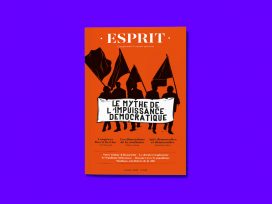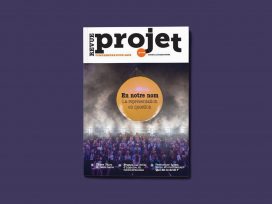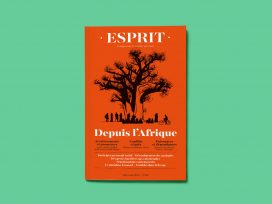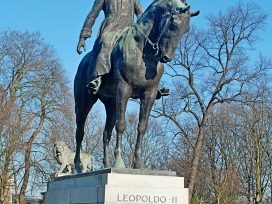

In collaboration with
CAIRN.info
Founded in 2005 by four Belgian and French academic publishers, Cairn.info offers the most comprehensive online collection of French journals in the various fields of humanities and social sciences. Its English interface, Cairn international edition, features tables of contents, abstracts and full-text articles (when available in English), as well as dossiers composed by specialized journalists, who take a look at current events through the prism of francophone scholarly publishing.
Cairn International Edition enables users to search, browse and read this content without speaking a word of French. Thousands of students, scholars and many others browse Cairn every day, with more than one million visits observed each year in non-francophone countries.

Articles

The myth of weakness
Esprit 10/2020
Slow, indecisive, vulnerable to manipulation: the charges against democracy are familiar. But as contributions to ‘Esprit’ argue, what makes democracy fragile also makes it strong. Including Michaël Fœssel on democracy’s relation to time, and Axel Honneth on the new spirit of participation.

Reconnecting democracy and representation
Revue Projet 378 (2020)
French journal ‘Revue Projet’ warns against the old assumption that representation must be democratic and argues that the electoral system must be de-privatized. Also: revisiting Bruno Latour’s ‘parliament of things’ – can natural objects be given legal and political representation?

African futures
Esprit 7–8/2020
In ‘Esprit’, African intellectuals move beyond the post-colonial question. Including Jean Godefroy Bidima on the traumas of the African past: how self-reflection can avert a future explosion. Also: Souleymane Bachir Diagne on the restitution of African artifacts and a Bantu reimagining of the museum, and Bruno Latour on ‘geosocial class’.

Even to engage in debate over the existence of monuments in their current form is to acknowledge a connection between the colonial past and present-day inequality. For many, defence of heritage serves as a pretext for preservation of the memorial status quo.